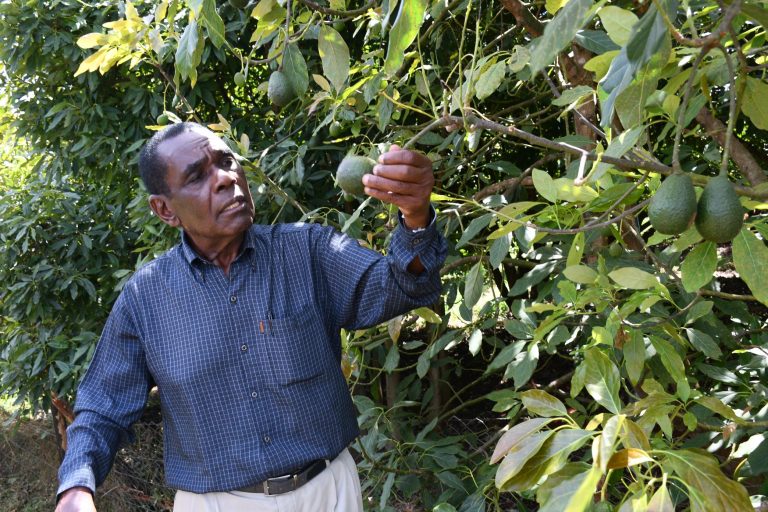The Kenya Kwanza government initial move to increase ID card application fees inhibited registration of voters ahead of 2027 polls, a report has said.
“The cost, set at Sh300 for the issuance of a new identity card and at Sh1,000 for a replacement one, is largely considered too high,” the European Union 2025 Election Follow-up Mission to Kenya Final Report, which was launched on June 12, says.
In March, however, the government scrapped the Sh300 fee for first-time applicants.
The report also adds that electoral partners they engaged raised concerns about delay in issuance of IDs, a pre-condition for a voter to register.
“Stakeholders expressed worries about possible delays in certain geographic areas, potentially intentional, for issuing identity cards for young voters that could prevent them from registering on time,” the report said.
The EU Election Follow-up Mission, which was deployed to Kenya from February 2 to March 1, said the delay and high cost of the IDs — by the time of the study — had caused disfranchisement among young voters.
This was exacerbated by the suspension of the continuous voter registration, which was put on hold pending the reconstitution of the electoral commission. The law provides an active voter registration system based on continuous registration.
In preparation for the 2022 general election, the IEBC conducted a national enhanced continuous voter registration exercise, registering 2.5 million new voters out of the projected target of six million. According to the IEBC, 74.82 per cent of citizens, holding a national identity card were included in the final voter register.
The EU Election Follow-up Mission objective was to assess the progress made in electoral reform and the status of implementation of the 2022 EU EOM recommendations.
The 2022 EU Election Observer Mission said the gap in registration was mainly attributed to a lack of interest or expression of protest by the youth and insufficient IEBC sensitisation caused mainly by delayed and limited funding.
Consequently, the 2022 EU EOM recommended the IEBC to enhance continuous voter registration efforts to target youth, women and persons with disabilities in order to ensure universal suffrage.
However, the EU report found there has been no progress on this recommendation since the planning and conducting of continuous voter registration depend on the IEBC board being in office.
“In its post-election evaluation report, the IEBC recognised the limited impact of continuous voter registration among citizens, especially the youth,” it said.
In this regard, the EU recommended online pre-registration, mapping mobility patterns of nomadic pastoralist communities to enhance targeted voter registration and allocating consistent and adequate funding for voter registration and maintenance of the voter register.
It also called for timely distribution of resources throughout the electoral cycle.
The IEBC secretariat, however, told the EU EFM that all actions related to voter registration activities are included in the draft strategic plan pending approval by the new commissioners. Once they are appointed —which has been done — voter registration of young voters is a priority, it said.
IEBC said it is exploring alternative ways to engage the youth through, among other approaches, social media platforms to communicate with them and organisiing voter registration drives at educational institutions.
Additionally, group found that late dispersal of funds for voter education delayed the start of activities and negatively impacted the capacity of the IEBC staff, who had limited logistical support and could not reach remote areas.
“The 2022 EU EOM recommended that as a priority, ‘IEBC to be provided sufficient funds after the end of the current electoral cycle and throughout the next one to implement continuous voter education activities’. There has been no progress on this recommendation,” it said.
This is despite the IEBC acknowledging the importance of continuous voter education targeting especially the youth as a tool against voter apathy in its post-election evaluation report.
It proposed adequate and timely budget allocation for voter education throughout the electoral cycle, development of a mechanism to measure the effectiveness of voter education and increasing the capacity building of voter educators.
The youth vote is likely to be a focus demographic in the 2027 election, with the political class already jostling for the bloc.
The government and the opposition have engaged in various activities to endear themselves to the youth bloc and win their support, as the 2027 battle escalates.
The Kenya National Bureau of Statistics estimates that in 2024, the country had 5,670,020 youth aged between 15 and 19.
By the time the Independent Electoral and Boundaries Commission reopens the voter register, most of these young people will be eligible to be voters in 2027.
INSTANT ANALYSIS
The youth are expected to be a significant factor in the 2027 Kenyan elections. Their large numbers, particularly among the electorate, and their engagement with social media, make them a key demographic for political campaigns. However, voter apathy, particularly among young people, remains a challenge that needs to be addressed
by ELIUD KIBII












